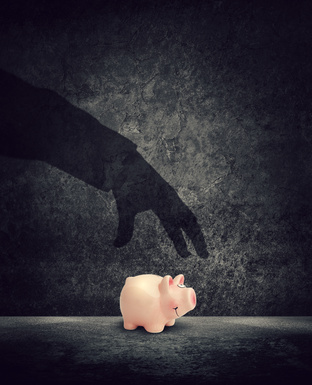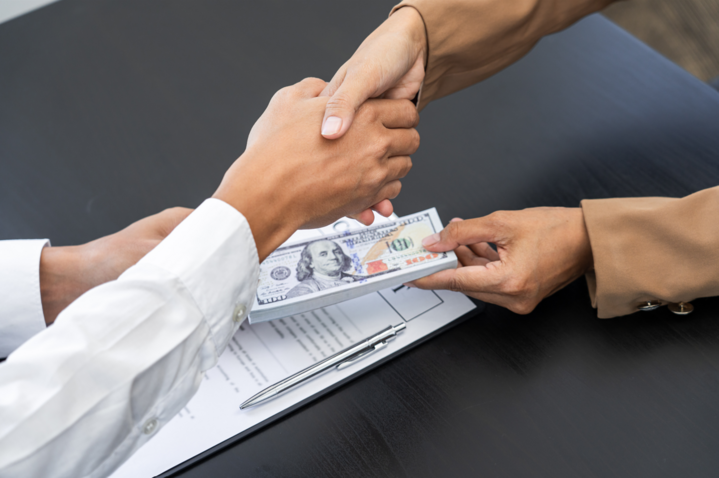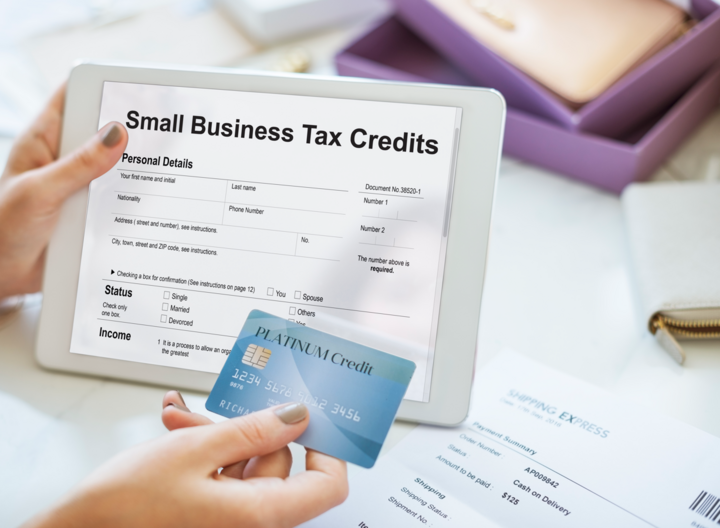You may have the most wonderful bank in your area. You may even be best friends with your bank representative. But at the end of the day, what happens if your small business is the victim of online bank fraud?
Because of the relationships you’ve built with your bank and its people, you might just assume they’ll take great care of you if this happens. You might assume it’s the same as an individual who falls prey to bank fraud. In those situations, the individual is generally reimbursed for these incidents.
But in the case of small businesses, it’s an entirely different scenario. This is a bit distressing for many owners as a large percentage of their banking is done online.
As the number of bank fraud incidents continues to rise, there are still not any concrete rules that determine who is responsible for bank fraud. The judgments of recent court cases indicate only that the banks need to have “reasonable security measures” in place to protect their customers. But if you would ask anyone what the term “reasonable security measures” means, no one would be able to tell you.
In June of this year, one businesses’ worst nightmare came true. A Missouri escrow firm lost more than $400,000. The court’s ruling not only stated the bank was not liable for these losses; the judge also made the business pay the bank’s legal fees.
Even when businesses win, there’s no guarantee they’ll get all their money back. For example, a Maine-based construction company which lost more than $600,000 had to reach a settlement with their bank, even though it was clear the bank made errors.
So what should small businesses do? First, they need to communicate with their banks and find out what they do to fight fraud. If you’re using a smaller, regional bank, make sure they have the same standards in place that are used by the larger ones.
Second, it is a big plus to hire a qualified security expert to manage your online security systems. They’ll be up-to-date on the latest hacking techniques and will be able to tell you what you need to protect yourself from them.
Next, use one computer to do all your banking. The more computers you use, the bigger chance you have of being hacked. If your bank offers multistep or two-factor authentication, you should absolutely enable it or enroll. This will ensure that in order to access your account, you need not only the username and password, but also a token generated by a phone app or a dongle/keycard.
One last suggestion: some of the major insurance carriers offer privacy loss or network security insurance. This is yet another way you can help protect yourself.
Having a response plan is critical. Don’t wait until you’ve been the victim! Being proactive could literally be the difference in whether or not your company is still in business afterwards.
Popular Posts
Instantly Pre-Qualify
Want Actionable Information, Tools and Resources To Quickly Acquire Business Capital, Credit and Funding?
I take tremendous pride in building positive and lasting relationships in my businesses and personal life. Every member of my team is committed to helping our clients get the maximum amount of funding possible and achieve their highest growth potential.



 Share
Share









